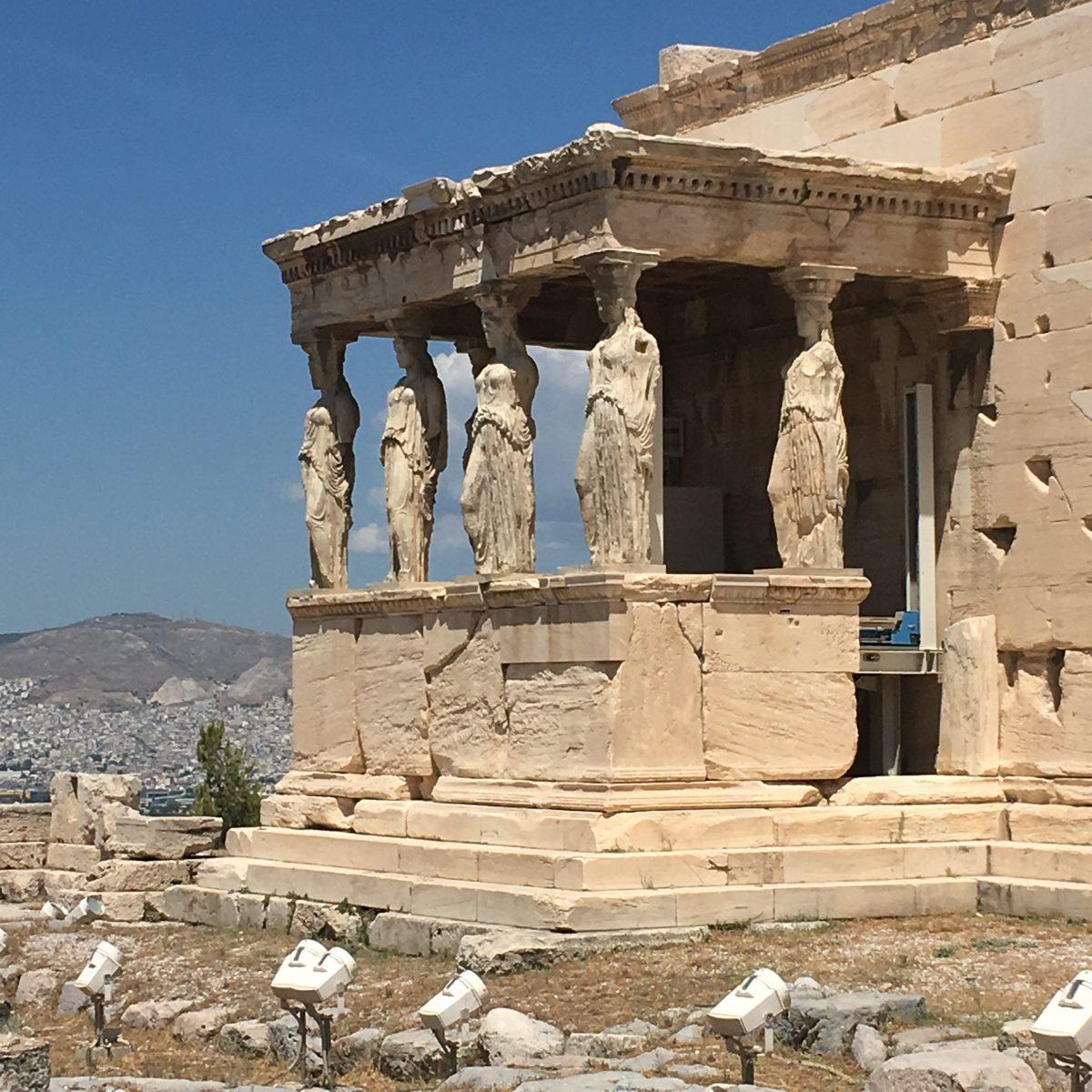About 45 percent of the junior class elects to study abroad for a semester or a full year, but this does not mean that students from other years or students who cannot take the time to study abroad for a full semester cannot seize the opportunity to study or work internationally. Wellesley College students take advantage of some of these options through college-sponsored Wintersession trips or by finding other programs and opportunities over summer breaks.
The college typically offers five to seven Wintersession programs per year. Wintersession courses can bring students to Rome, Morocco, Barcelona and Tanzania, among other locations. These trips provide the opportunity to take a Wellesley course with a Wellesley College professor during the two and a half week-long winter break.
Wintersession programs tend to focus on language development, and offer an invaluable immersion experience for the students who choose to take them.
Siena Wise ’19 credits the immersive experience they had in the Rome Wintersession program with improving their language skills.
“I historically am not good at languages. And that’s because I’ve never really been given the opportunity to be fully immersed in an environment where I could speak the language,” said Wise. For them the program “definitely helped a lot. I think because I saw Italian everywhere and heard it everywhere, it gave me more of an incentive to speak it.”
Instead of studying with a Wellesley program over winter break, other students opt to take a slightly longer abroad-experience for part or all of their summer break.
“We most often see students pursue intensive language study in the summer, which makes sense, as these opportunities are less available during the semester and can also lead to further study abroad opportunities in the target language,” said Jennifer Thomas-Starck, the Director of International Study for the college.
However, not all students choose to spend their summers studying a language, and research is also a strong option. This was the case for Kaylie Cox ’18, who has spent the last two summers excavating an ancient site called Eleon in Greece with Professor Burns of the Classics department. During Kaylie’s six week research stints they have worked extensively both with the excavation team and also with drones, learning how to take aerial photographs of the excavation site.
As one might imagine, given the diverse locations and purposes for the programs, a typical day is vastly different depending on what the program is.
For Cox, an ordinary day researching in Greece involved leaving for the excavation site at 6 in the morning, working from 6:30 a.m. until 1:15 p.m. with a few breaks, then taking a longer break for lunch and part of the afternoon before resuming work for about two hours from 5 p.m. to 7 p.m.
In contrast, for Wise, the typical class day consisted of breakfast, class from 9 a.m. to 12:30 p.m., and then afternoons and evenings free to do homework or explore Rome. Mondays also featured an afternoon film session, and weekends were entirely open for travel.
Though they are shorter than the full-semester experience, students report that Wintersession and summer opportunities still offer them the chance to immerse in a culture in a way that vacation-style travelling does not often allow.
“I had been to Europe in the past, but I had never been two and a half weeks staying in the same city,” Wise explained. “So it was a very strange experience, and I think I got a lot deeper sense of the culture than I would if I had just been in Italy for a week and then popped somewhere else.”
Although students were able to experience some of the culture in the places where they worked or studied, the Office of International Study points out that these shorter-term programs do not usually provide students access to local universities or native students.
“The shorter experiences tend not to be integrated at all, so students interested in experience life in a foreign university or making connections with local students should plan early so that they can fit in a semester or year abroad,” Thomas-Starck advised.
Short-term study abroad programs are flexible and can either be combined with semester-long programs, or treated as the entirety of a student’s experience abroad. Wise plans to combine their Wintersession experience in Italy with a semester abroad in Stockholm next year, while Cox will not participate in a semester-long study abroad experience.
“Because this summer will be my third summer [researching], I’ve kind of treated it as my way of going abroad, but I’m also looking at a Wintersession trip to Crete,” Cox explained.
While the Wintersession programs often require some proficiency in a language other than English and may require more prerequisites, making them more feasible for upperclass students, research opportunities are also flexible in the experience required and may continue to shape a first year’s experience at Wellesley.
Such is the case for Cox, whose major in Classics and possible minor in Computer Science seem very related to their research experience. “I’d recommend anyone who’s thinking of a summer internship but doesn’t really know what they want to do to even just apply, because it can be a very different experience,” Cox said.






